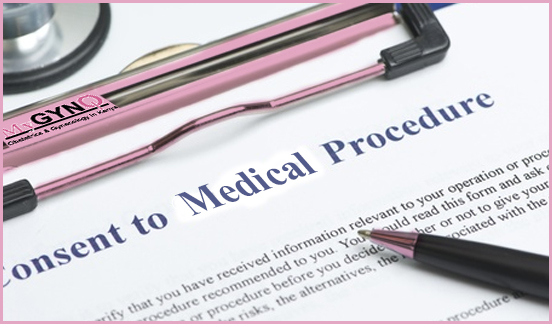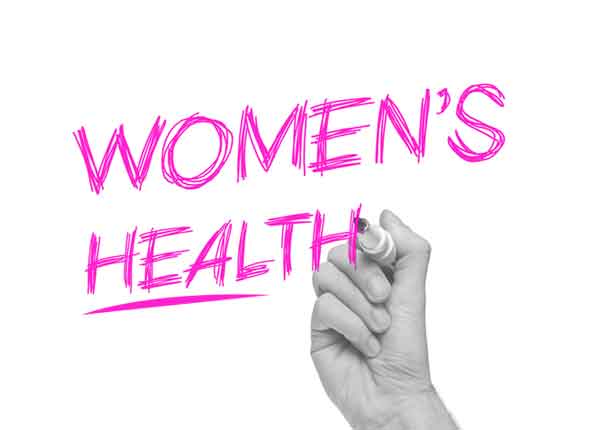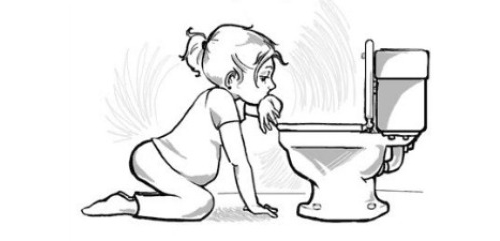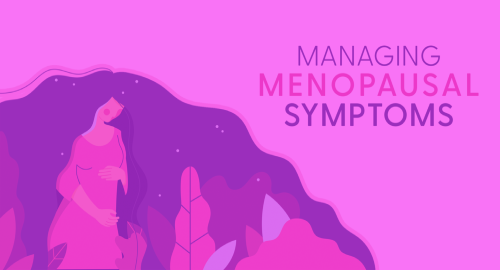I recently listened to a regrettable tale from a friend of another friend. One of their kin had been experiencing some unusual symptoms, and the diagnosis was elusive. She eventually ended up at the hands of surgeon who recommended surgery.
Read more ..... In this day and age of physical fitness, many women retain a strong desire to continue exercises during pregnancy. However, many harbor questions about the safety of physical fitness in pregnancy.
Read more ..... You will not find a tabulation of formal ratings of women’s healthcare facilities yet. Health provider ratings are common elsewhere. This is a good way of providing valuable information to consumers, thus aiding in making decisions on where to seek healthcare. Various metrics are used to rate healthcare facilities.
Read more ..... Nausea and vomiting is very common in early pregnancy. For some, it is the initial indication of an unplanned pregnancy. It’s usually caused by rising levels of a particular hormone produced in early pregnancy. Luckily, the hormone levels tend to taper off as the pregnancy advances. For the majority, the nausea and vomiting tends to resolve by the end of the first 3 months.
Read more ..... The average female life expectancy is increasing, and women can expect to spend about 30 years of their lifetime in the menopause. Studies estimate about a third of the total living women population are in the menopause. If not well managed, menopausal symptoms often lead to a poor quality of life.
Read more ..... 




